It was a tweet by the novelist Joyce Carol Oates that warned us PBS, the American public broadcaster, had done a doco about William F. Buckley, Jnr and by some touch of providence it was there on YouTube to be watched at leisure. William F. Buckley was one of the most extraordinary conservatives who ever lived and he was also a charmer of positively bewitching powers.
Already a subscriber? Log in
Subscribe for just $2 a week
Try a month of The Spectator Australia absolutely free and without commitment. Not only that but – if you choose to continue – you’ll pay just $2 a week for your first year.
- Unlimited access to spectator.com.au and app
- The weekly edition on the Spectator Australia app
- Spectator podcasts and newsletters
- Full access to spectator.co.uk
Or
Unlock this article
You might disagree with half of it, but you’ll enjoy reading all of it. Try your first month for free, then just $2 a week for the remainder of your first year.

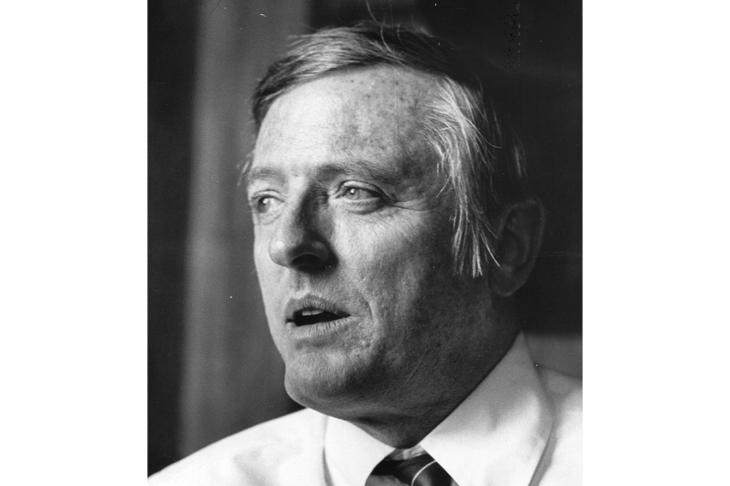
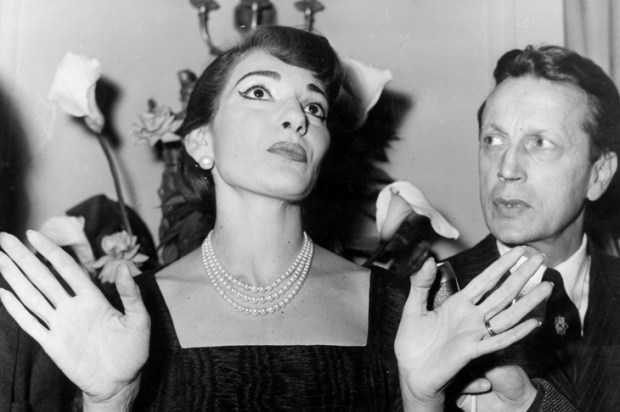
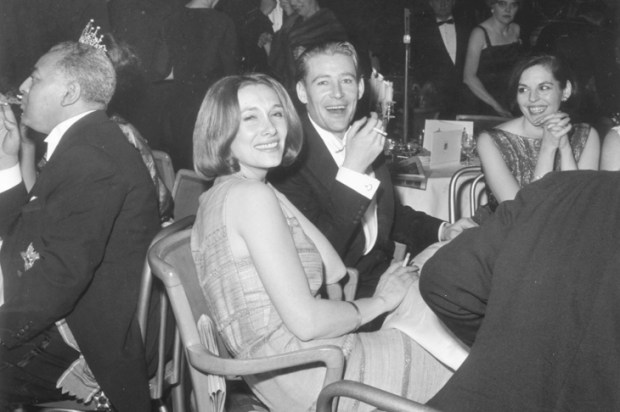
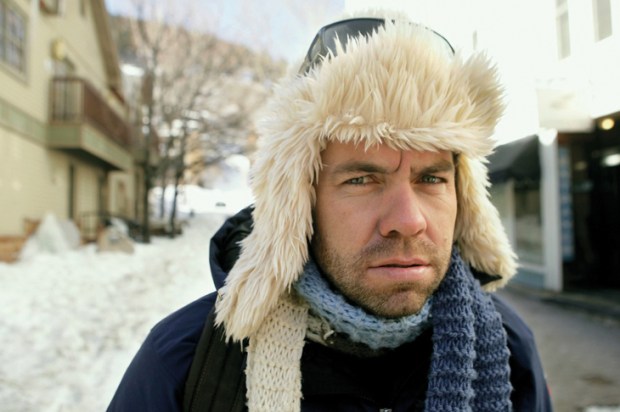
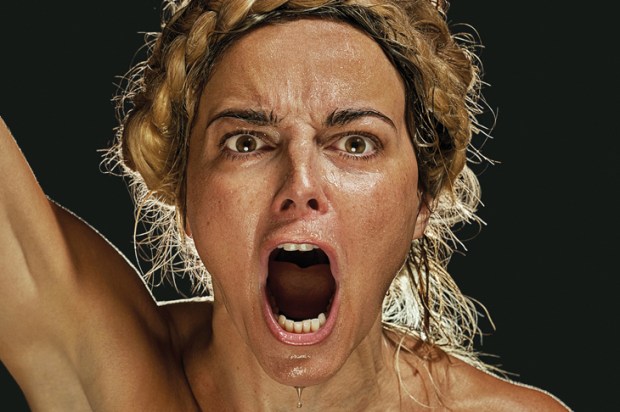
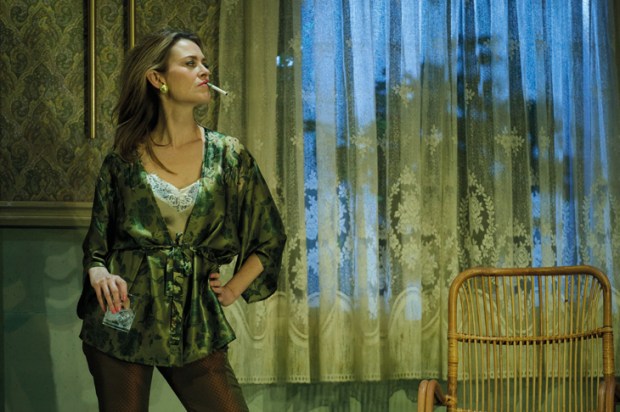
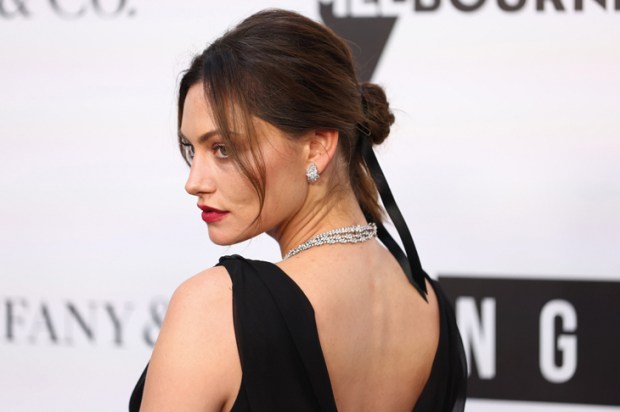






Comments
Don't miss out
Join the conversation with other Spectator Australia readers. Subscribe to leave a comment.
SUBSCRIBEAlready a subscriber? Log in